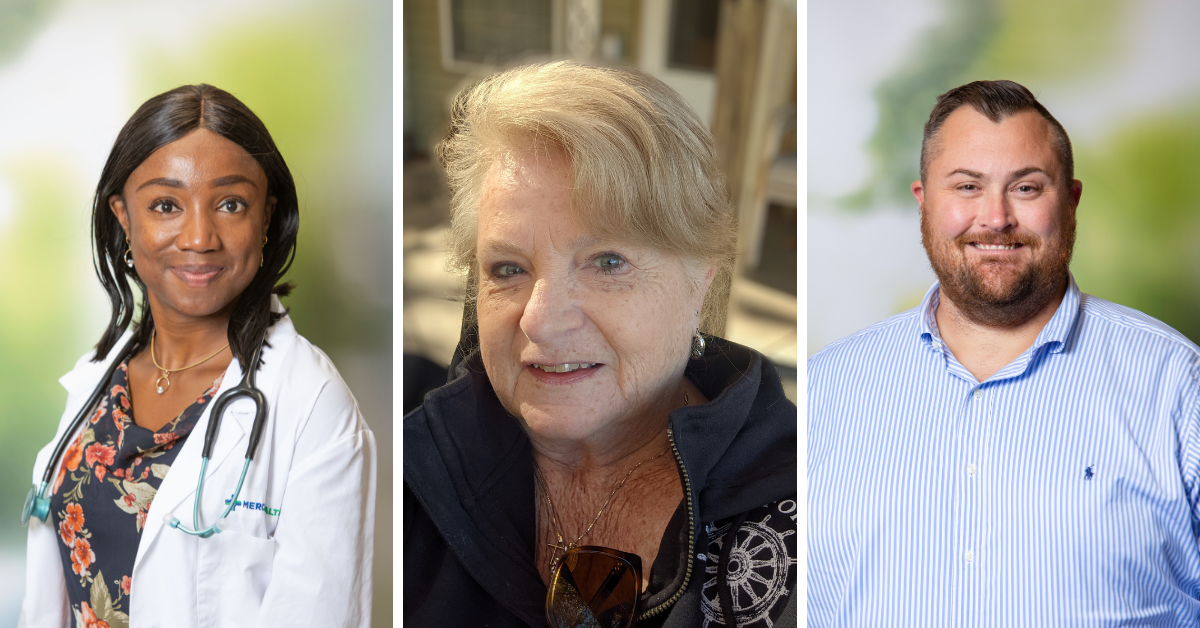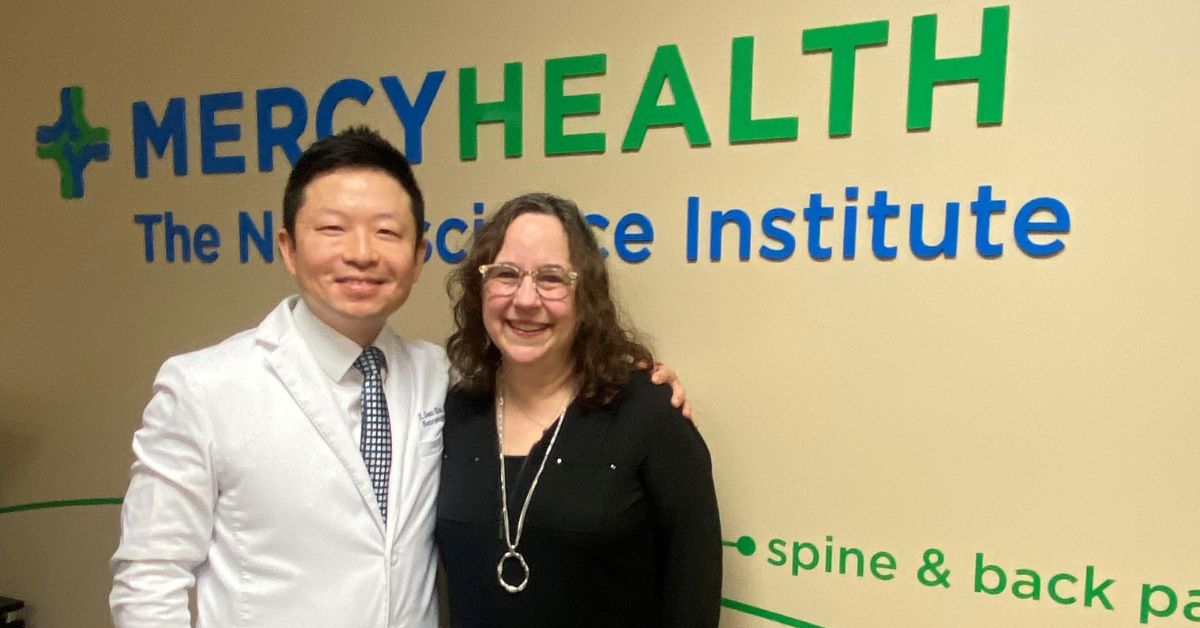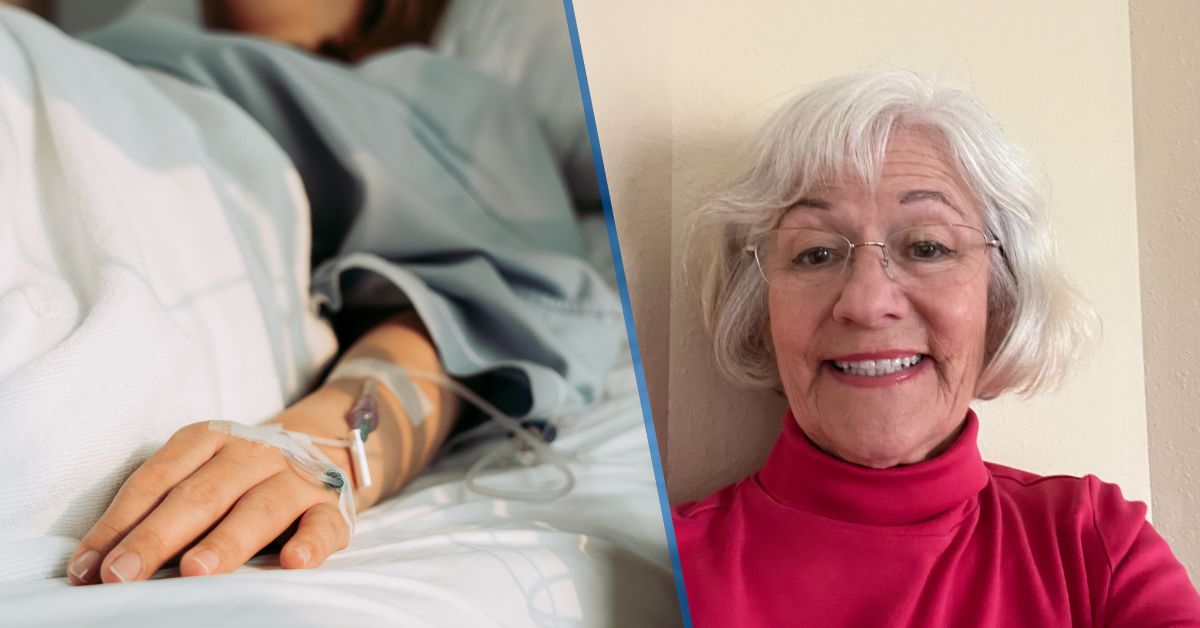Today is World Mental Health Day. Let’s take advantage of this opportunity to celebrate our mental resilience and how it helps us day after day, especially during the current COVID-19 pandemic.
Colleen A. Furey, PsyD is a behavioral health consultant and licensed psychologist with Mercy Health – Kenwood Primary Care and Pediatrics as well as Mercy Health – West Chester Family Medicine. She has been kind enough to discuss mental resiliency throughout the pandemic. Read her first-hand thoughts below.
“If I could travel back in time to February 2020 and tell myself what was to come, I would have crumbled. Panicked. Shut down. Bought all the toilet paper. Instead, the stress and difficulties of this pandemic have revealed themselves to us over time. Lockdowns. Virtual learning. Masking. Shortages. Progress and hope followed by setbacks and fear. The Earth’s population has sustained 18 months of collective trauma.
So, how are we still standing?
I’m reminded of when, at the age of 15, I was informed that I needed to complete an animal dissection for my biology class. I have always struggled with queasiness around medical and bodily procedures. In fact, I’m that woman that faints during a routine TB test.
It was then that I informed my mother that there was absolutely no way that I could complete the assignment. Not possible. Forget it. End of story. Then she dropped one of those classic “mom wisdom bombs” on me: “You’d be surprised what you can do when you have to.” It filled me with adolescent-angst, but deep down, I knew she was right.
We are capable of so much more than our anxiety and self-doubt will allow us to believe or even imagine. I was able to dissect the frog. Years later, I gave birth after 30 excruciating hours of labor. During lockdown, I managed to work while also homeschooling my 5-year-old and 3-year-old (wait, seriously, how did we do that?). Time and time again, our ability to cope has surpassed what we thought was possible.
The field of positive psychology has increasingly researched well-being and resilience, which is our capacity to manage or recover from stressful situations or negative feelings. The science points to various factors that can increase resilience and decrease our vulnerability to distress.
How have we made it thus far? What personal factors or behaviors have helped us survive, either consciously or subconsciously? Consider:
- Optimism: It’s more than just “looking on the sunny side!” It’s challenging that inner voice that says, “the worst will happen” with “yeah, but maybe the best will happen. Or maybe the neutral will happen. Or maybe the worst will happen, but I’ll survive it.”
- Social connections: Psychological research points to social connectedness as a reliable and consistent means to increase your ability to bounce back from stress. Video chatting your grandma, that family game night and sharing tomatoes from your garden with a neighbor all make you psychologically stronger.
- Helping others: Altruism breeds resiliency. Remember at the beginning of the pandemic, all of the feel-good stories on social media, highlighting the helpers? Helping others allows us to feel more confident in our own abilities and protects us from stress.
- Humor: Finding the humor in difficult times is a buffer for stress reactions. Did you mess something up? Has misfortune befallen you? Forgot to mute yourself on Zoom and everyone heard you chomping away at your salad? Finding a way to laugh at the situation helps us recover more easily.
- Goal setting: What do you want in your future? Why are you working through this? Are you hoping to go on that cruise next summer? Are you working toward a career change? Keeping a vision of the future in mind has helped us more easily weather difficult times.
- Physical health: The line between physical health and psychological health becomes blurrier by the day. Prioritizing healthy sleep routines, drinking water, doing those yoga exercises and eating foods that make you feel physically and mentally well shore up your ability to manage distress.
- Knowing when to ask for help: Acknowledging your limits and knowing when, as well as how, to seek support is associated with improved well-being. Leaning on that colleague, meeting with your pastor or consulting with your primary care provider about symptoms that are getting in your way are associated with better outcomes.
During this pandemic, we have coped. It has sometimes been clumsy and messy, and we all have regrets. But we’ve drawn upon our deep wells of resiliency and used them as best we can.
On this World Mental Health Day, I hope we will spend time reflecting on the factors and aspects of our life that support resiliency. Feel grateful for them. Consider how to develop them. Admire them in others. And as we look to the uncertain future, let’s remind ourselves that we’ve done difficult things before and we will continue to surprise ourselves in the future.
Need some professional mental health help? Find and consult with one of our behavioral health specialists near you.






